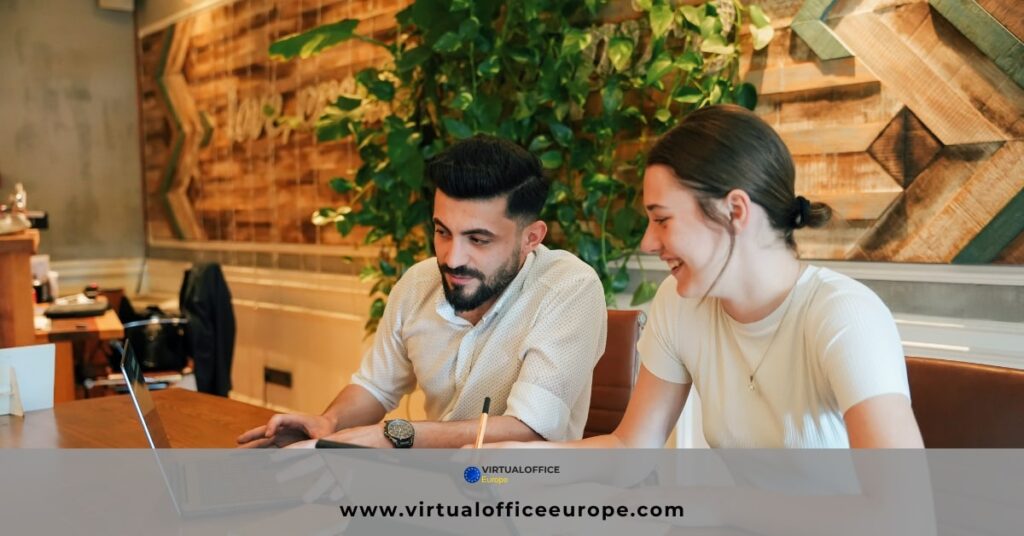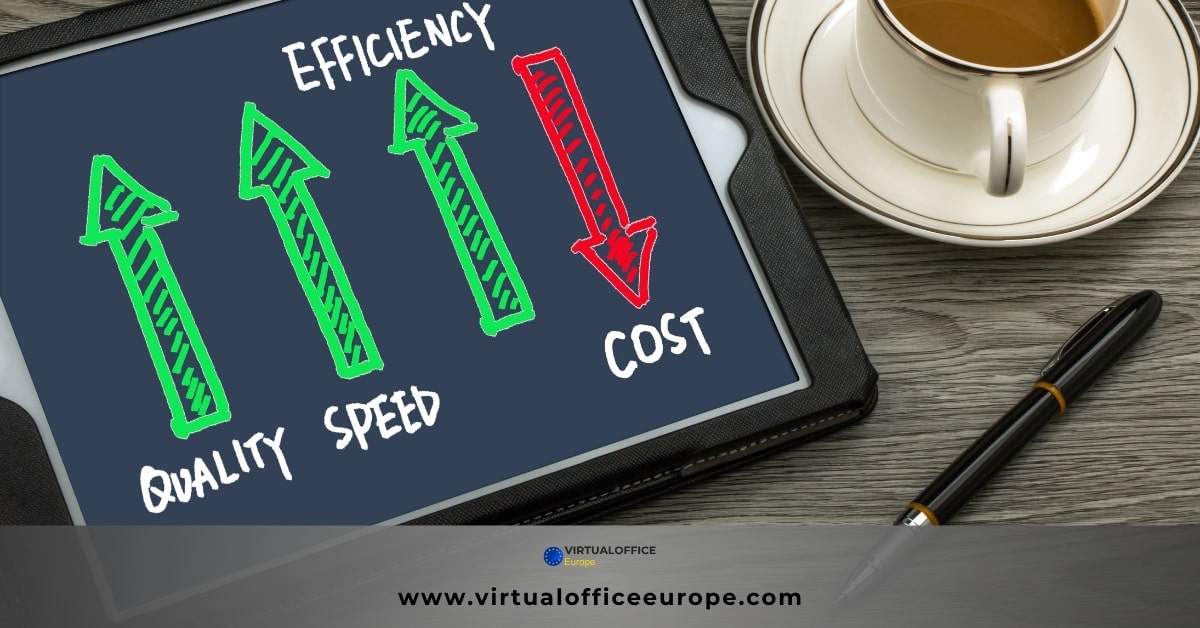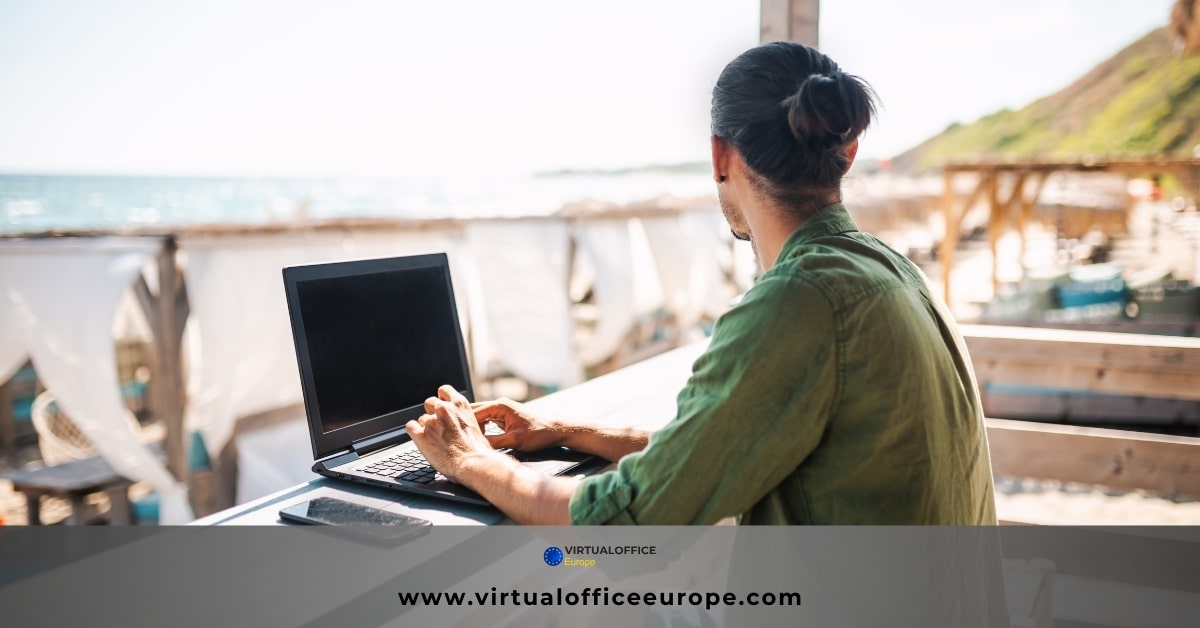In recent years, businesses across Europe have embraced eco-friendly initiatives, driven by growing environmental awareness, regulatory pressures, and shifting consumer demands. With sustainability becoming a central concern for both corporations and customers, European companies are adopting sustainable business practices to reduce their environmental footprint. This article will explore some of the key eco-friendly trends shaping the European business landscape and highlight the benefits of these practices.
What Does “Eco-Friendly” Mean for Businesses?
Environmentally friendly, or eco-friendly, describes actions and goods that reduce their negative effects on the environment. This entails putting into practice waste reduction, carbon emission reduction, and resource conservation initiatives for companies. The European Green Deal’s objectives, which include promoting a more sustainable economy and achieving carbon neutrality by 2050, are closely related to eco-friendly corporate practices in Europe.
The Importance of Sustainable Business Practices in Europe
The European Union (EU) is actively promoting business sustainability. This is primarily the result of the EU’s commitment to halting climate change, preserving biodiversity, and creating a circular economy—one in which materials are recycled rather than wasted. Eco-friendly company practices are no longer just a fad in Europe. They are now a must for many businesses looking to thrive in an increasingly mindful consumer base.
Stricter laws forcing firms to disclose their environmental consequences and implement sustainable practices were passed by the European Parliament in 2023. Consequently, businesses operating in industries including manufacturing, retail, and energy have started reevaluating their approaches to conform to these guidelines. Businesses that embrace environmentally friendly projects get the trust of environmentally sensitive customers in addition to following to legislation.
Key Eco-Friendly Initiatives Adopted by European Businesses
1. Renewable Energy Adoption
The use of renewable energy has been one of Europe’s biggest environmentally beneficial trends. In an effort to reduce their dependency on fossil fuels, businesses are making more and more investments in hydroelectric, solar, and wind power. For instance, Denmark leads the world in wind energy, and a large number of Danish businesses have switched to using only renewable energy.
Many firms have gone green as a result of Germany’s “Energiewende” program, which aims to phase out nuclear energy and increase renewable energy. Businesses such as Volkswagen have made a commitment to using renewable energy sources to produce electric vehicles. This indicates another way that environmental policies are influencing European companies.
2. Circular Economy and Waste Reduction
In Europe, the idea of a renewed economy is moving on quickly. Businesses in a circular economy concentrate on creating products that are meant to be repaired rather than thrown away. This environmentally friendly model helps in resource conservation and waste reduction.
Initiatives related to the circular economy are being led by nations such as the Netherlands. Dutch businesses like Philips have made recycling a top priority and extended the lifecycles of their products in order to incorporate the ideas of the circular economy into their manufacturing operations. Another important factor is trash reduction, which is achieved by companies by introducing zero-waste policies. That also includes using less plastic and using eco-friendly packaging options.
3. Sustainable Supply Chain Management
Green company practices go beyond waste and energy. In Europe, corporate sustainability initiatives now must include sustainable supply chain management. Businesses are placing more emphasis on environmental regulations, getting raw materials, and lowering the carbon footprint of their logistics processes.
Within the fashion business, companies such as Stella McCartney have led the way in environmentally conscious practices through the use of recycled and organic materials, water conservation measures, and the adoption of fair labor standards. In addition to helping the environment, this transition to sustainable supply chains also improves brand reputation among customers.
4. Green Building Practices
The rise of green buildings in Europe is another noteworthy eco-friendly trend. These buildings are made to utilize less water and raw materials, and encourage the use of renewable energy sources. Businesses are being forced to use green construction methods. As a result of the EU’s Energy Performance of structures Directive (EPBD), which promotes the construction of energy-efficient structures.
In nations like Sweden, where eco-friendly structures maximize energy use by utilizing smart technology and sustainable materials, the movement is especially prominent. Green offices and factories are becoming increasingly prevalent as companies realize the long-term financial and environmental advantages of these kinds of buildings.
The Benefits of Eco-Friendly Business Practices
Implementing eco-friendly initiatives has various real benefits for organizations in addition to helping them comply with regulations. These include:
- Cost cuts: Long-term cost reductions are frequently the result of waste reduction campaigns, energy-efficient technology, and sustainable resource management. For example, businesses may slowly decrease their energy costs by investing in renewable energy.
- Improved Brand Image: Customers are starting to choose environmentally conscious businesses. A company’s reputation can be improved by having a high sustainability profile. That can attract investors, customers, and future workers that respect environmental responsibility.
- Regulatory Compliance: Companies that adopt sustainable practices are better positioned to live up to by laws, avoid fines, and maintain their competitiveness in the market because of the strict environmental rules that are in place throughout Europe.
- Increased Innovation: Businesses are encouraged to innovate as a result of the shift toward eco-friendly methods. Businesses that embrace sustainability frequently find new markets and technology developments, whether through product design or operational efficiency improvements.
Challenges to Implementing Eco-Friendly Initiatives
While there are many benefits to implementing eco-friendly practices, businesses often face challenges. Among these are the high initial costs linked to the use of renewable energy or the recycling of products for a circular economy. Moreover, small and medium-sized enterprises (SMEs) may encounter challenges in getting the resources required to transition to sustainable practices. However, greater support from national and international institutions has made the path to sustainability easier to follow.
The Future of Eco-Friendly Business in Europe
Governments and consumers alike are calling for increased environmental accountability. Thus the trend toward environmentally responsible company practices is only going to grow. Europe is probably going to continue to lead the world in the shift to a green economy as more businesses embrace sustainable business strategies. Companies that put an emphasis on environmentally friendly projects will not only help the environment but also set themselves up for long-term success in a changing market.
In conclusion, eco-friendly business practices are becoming more necessary in Europe if businesses want to prosper in a sustainable future. They are no longer merely a trend. Businesses may lessen their environmental effect while reaping the financial and reputational rewards of going green by embracing renewable energy, waste reduction, sustainable supply chains, and green buildings.








